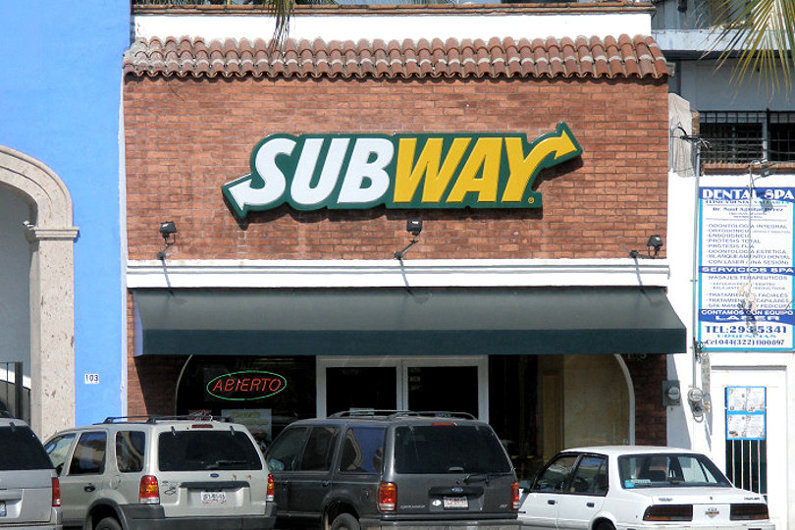If you’re thinking of buying a franchise, don’t be tempted by what a franchise can do for you. Instead, think of what you like to do. Put passion before profit. Taking time to be introspective is not a waste of time. Unless you have a clear idea about your own likes and dislikes, wants and desires, strengths and weaknesses, you could make an expensive mistake.
So, how do you decide?

5 Questions to Ask
Imagine you were talking to a franchise broker, mulling that question over. He might ask you some questions to help you think things through. Here are 5 questions he might ask:
1. What are your values?
This may seem like an ethical question, but it’s actually a question about preferences. It’s easy to choose the wrong franchise by focusing on the wrong values.
If, say, you’re focusing on the investment cost, believing that you get what you pay for a UPS franchise cost will seem modest compared to the cost of a fast food franchise. You’re looking at the value of the business proposition.
However, you also have to consider your own personal values. If you’re an affable person who enjoys getting to know customers, eats a healthy diet, and trains for marathons, then you will not be happy with owning a fast food restaurant.
Yes, it may pay more because more people buy hamburgers than postage supplies, but you will be distressed by how out-of-shape your customers will often be and the poor selection of healthy food choices you will have on your menu. By comparison, helping people get their packages delivered on time and opening up a business mailbox will seem like good, clean, wholesome work. You won’t be bothered by the many issues faced by owning and running a restaurant.
Since you no longer have a value-conflict, you can concentrate on important things, like how to attract more customers or contribute to your local community.
2. Why do you want a franchise business?
For some people, a franchise is more of a hobby, a way to make a side-income, while for others, it’s an escape from a frustrating corporate job where they feel overworked and underpaid. Then there will be some people seeking to build business equity while others want to create an empire by owning several franchises. By knowing why you’re buying the business, you’ll be able to select one that will help you accomplish your goals.
When you have an idea of the niche you want to head in to, it is worth browsing a franchise directory for all the available opportunities. Franchise UK is a great source that allows you to search and find franchises all over the UK, telling all you need to know to invest in a brand.
3. How much money do you want to invest?
Take an inventory of your capital, as well as how much you can borrow. There may be a cap on how much you can invest based on limited resources. However, don’t be tempted by something that is lower than $10,000 because the business may offer a product that has a low demand, too many competitors, a high employee-turnover rate, and be difficult to build into an asset that provides a high resell price. In addition, you will probably get a minimal amount of training and insufficient support.
On the other hand, you might be well connected with financial institutions and be able to invest in as much as you like if you can prove that you will be able to generate a high ROI. It might not be a problem to make a total investment that’s greater than $200,000 if you have a credit score of 725 or above.
Finally, you don’t want to invest everything you have in a desperate attempt to get rich because it may take a while to make a profit. Even if you choose a franchise that has been shown to be highly profitable, that does not mean that you will start making money as soon as you open your doors and can quickly pay your investors back.

4. How long do you want to be in business?
You must know your end-game before you even start. Do you have an exit strategy or do you just want to see how things work out? Perhaps you plan to build up the business assets and flip it in five years. In this case, you want to buy a franchise business that is scalable. On the other hand, you may want to create a business that you can pass on to your heirs.
5. How involved will you be?
You may want to jump right into your business and work hard at it, or you may already have a number of small businesses and this is just one more income source. Perhaps, too, you may be working full time at a job you love and only want to work in the franchise over the weekend, letting your spouse manage it for the rest of the week. Deciding on your level of involvement will help you figure out the right franchise.
Identify Interests before Opportunities
Asking the right questions will make all the difference to choosing the right franchise. By understanding your own preferences first, you will then be able to decide what the closest match is. Doing things the other way around, trying to see what’s out there and trying to fit in, will result in making a poor decision. Your franchise will only flourish because you enjoy the work.




